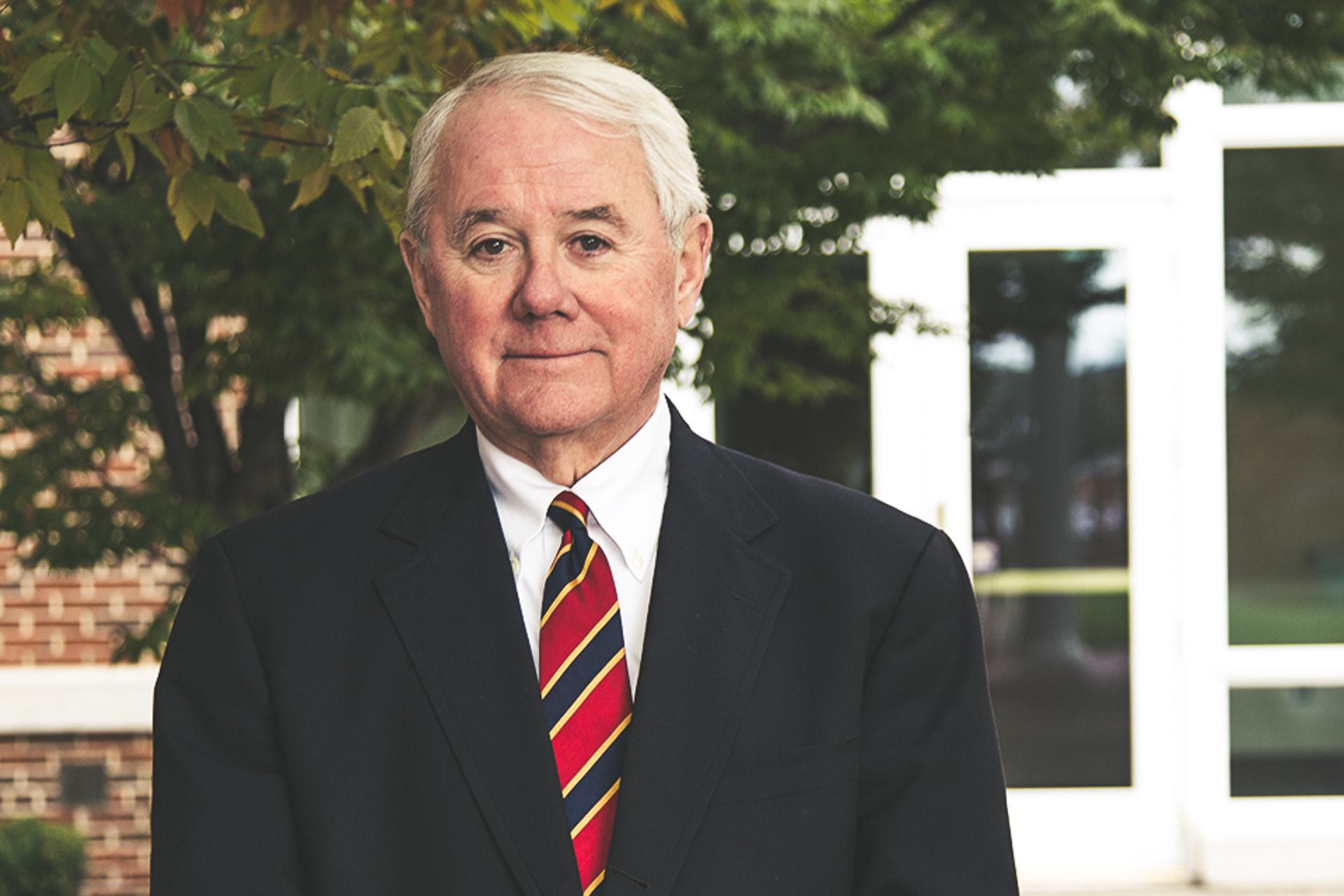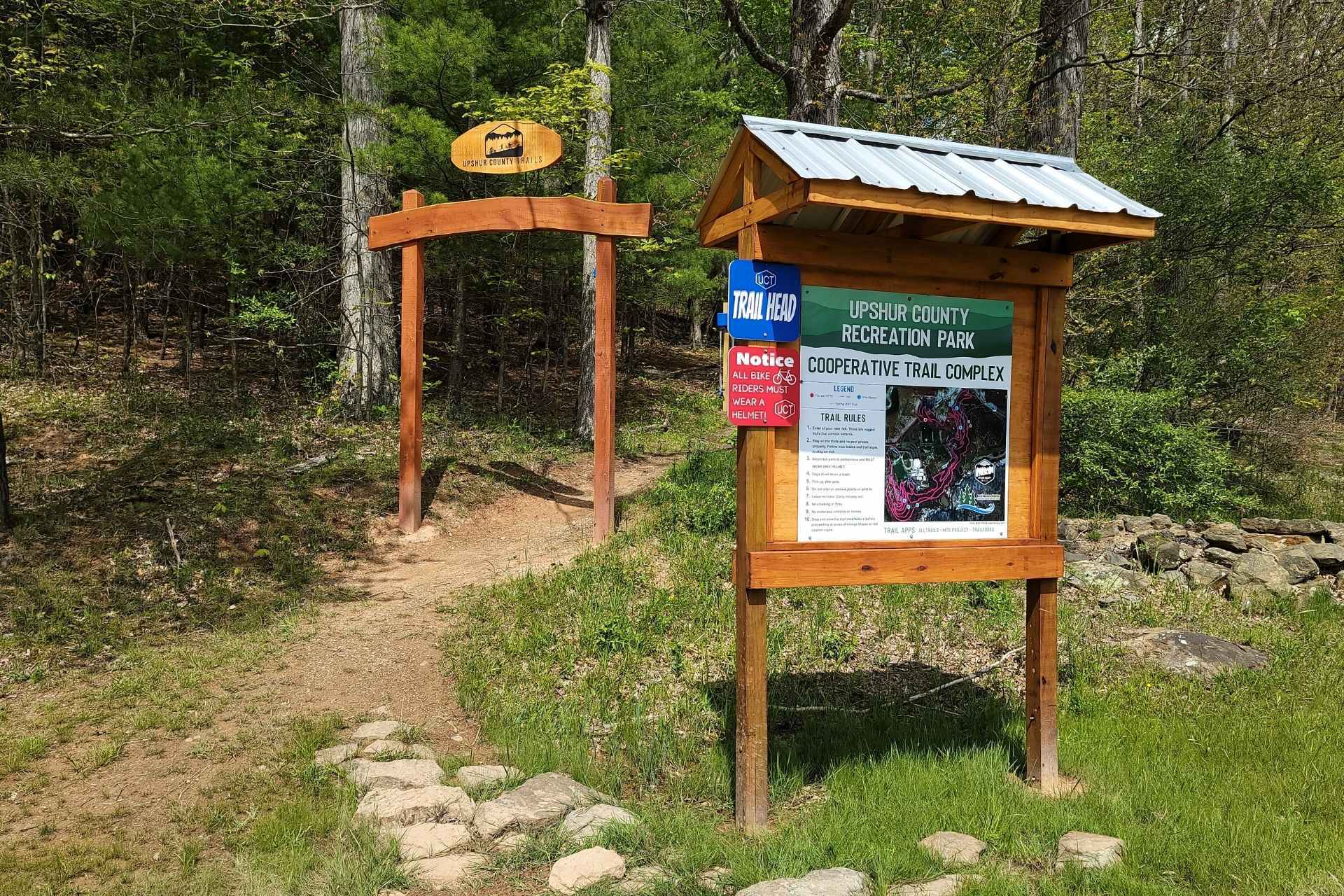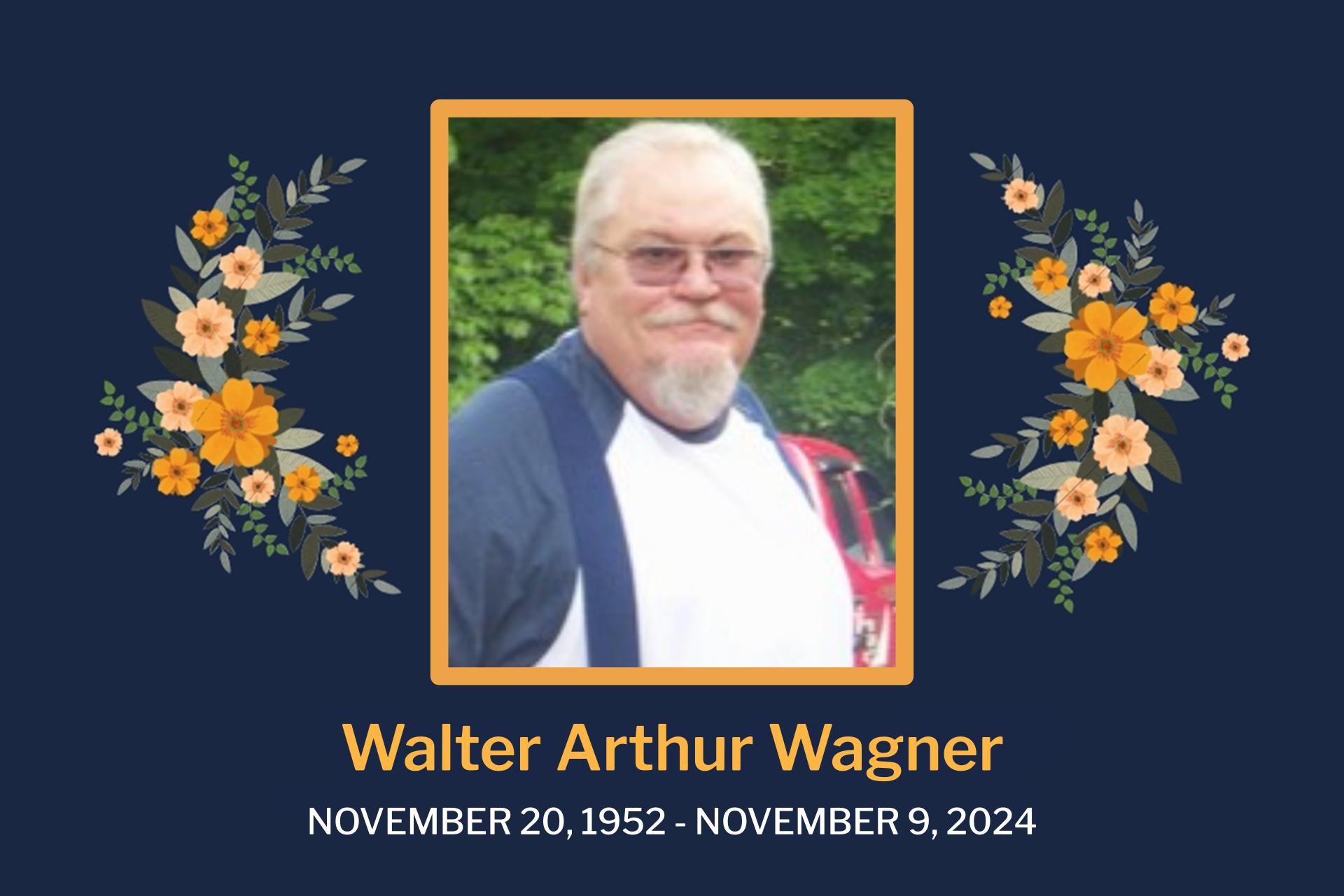James Wood, interim director of the Energy Institute at West Virginia University, is part of a panel reporting on the outlook of U.S. energy innovation to the U.S. Senate Committee on Energy and Natural Resources Thursday.
“West Virginia University is committed to maintaining outcomes-based research programs that improve the reliability of electric generation diversity so that industry and commerce may continue to grow and provide opportunities in the Appalachian Basin and the nation,” Wood said.
In his testimony to the committee, Wood will emphasize WVU’s research commitment to improve existing coal-fired power generation, recover rare earth elements from coal wastes, develop instrumentation and sensors to accurately measure fugitive emissions from shale gas wells, analyze underground geological structures to store natural gas liquids, store carbon and produce natural gas from shale formations at reduced environmental impacts
The University also has developed sophisticated software and algorithms that model complex fossil fuel combustion systems, as well as complex electric transmission grids responding to variable generation from intermittent sources like solar and wind. Further, eastern West Virginia has a valuable source of geothermal energy, and WVU is part of a team researching designs for the deep direct use of this geothermal resource for its Morgantown campus.
“The benefits of diverse generation are not unlike reducing financial risk by diversification of savings and investment portfolios,” Wood said. “Research that reduces CO2 emissions is also still vital to the diversification mix as the United States transitions to cleaner energy.”
Recently the Department of Energy offered $38 million in funding for technologies that make the existing coal fleet more flexible and efficient. Technologies can include conversion from coal to natural gas, replacing old turbine blades, condenser and feedwater heater upgrades and control system upgrades.
“To the extent these power plants continue to reduce emissions and operate economically, local communities will benefit from the associated jobs and property taxes,” Wood said.
Sen. Lisa Murkowski (R-Alaska), committee chair, will give opening remarks along with ranking Democrat, Sen. Joe Manchin (D-W. Va.). Others who will testify are: Paul Dabbar, U.S. Dept. of Energy Undersecretary of Science; Ernest Moniz, president and CEO, Energy Futures Initiative; Jason Grumet, president, Bipartisan Policy Center; Jay Faison, founder, ClearPath; Deborah Wince-Smith, president and CEO, Council of Competitiveness.

















